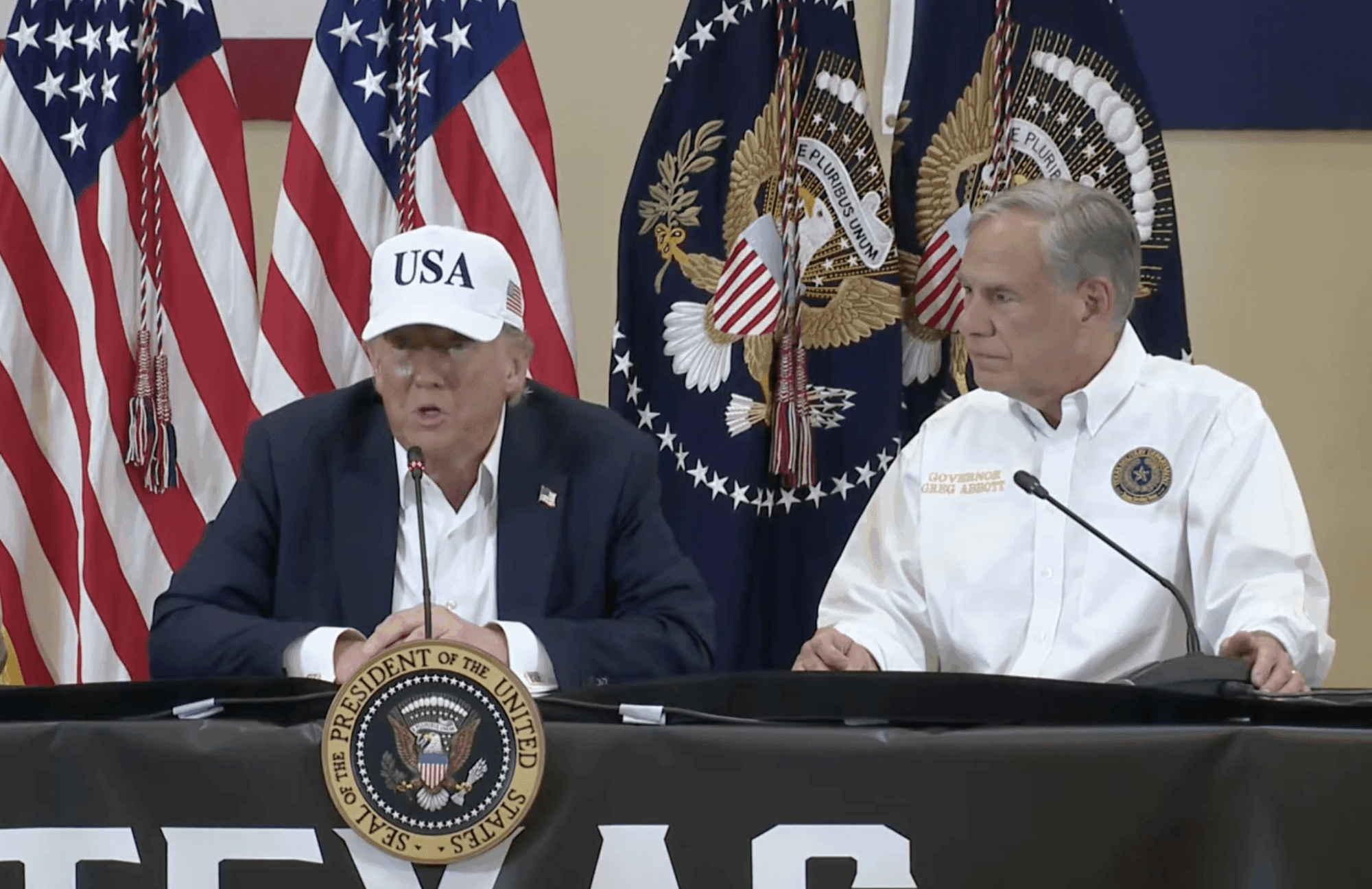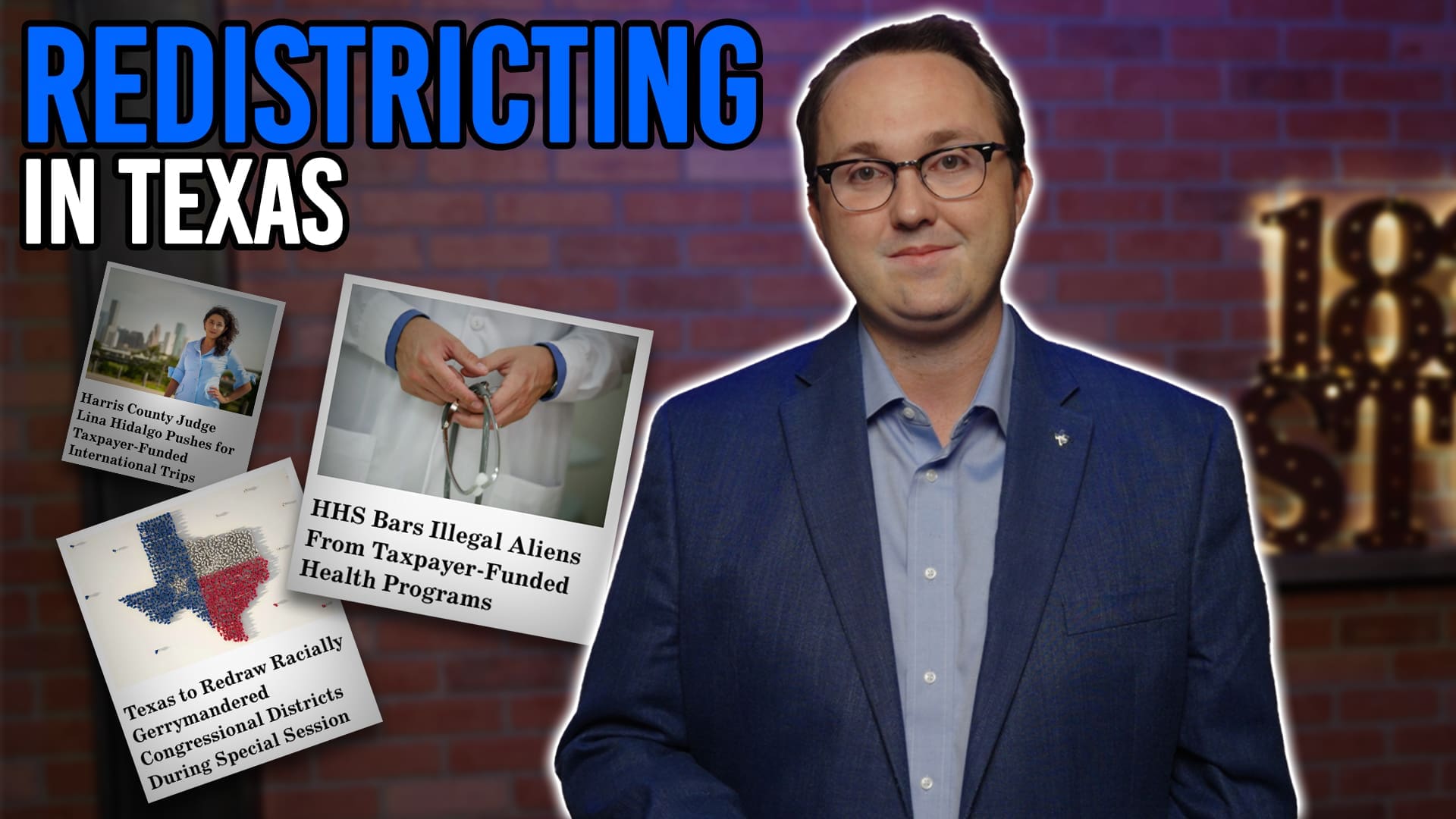People receiving extended unemployment benefits should be required to provide a public service while getting public assistance, so says Texas’ Workforce Commission chairman Tom Pauken. Predictably, critics, such as the Texas AFL-CIO, have blasted the idea.
In a Houston Chronicle story, Chairman Pauken recognized that we’re in a tough economic climate, and that people have “lost their job through no fault of their own.” However, he went on to rightly ask, “How do you distinguish between those who are really out trying to find work and those who simply want to draw an unemployment check as long as they can?”
While it probably needs more research to determine feasibility and necessary legislative changes, Mr. Pauken’s proposal includes setting a pay scale around $10 per hour, an amount higher than the federal minimum wage, and would have recipients work with local governments and non-profit organizations to continue receiving the benefits.
It may not be a common practice, but is it outside the mainstream of potential public policy?
The advantage of such an initiative could be at least two-fold: the job seeker would be given a greater opportunity to interact with potential employers and reinforce job skills, and society at-large would benefit from greater civic involvement.
On the other side, Mr. Rick Levy, an official with the Texas AFL-CIO, calls Chairman Pauken’s idea “a perversion of the unemployment system. … Really, what he’s proposing is a public jobs program, but instead of paying people a living wage, we would make them work for their unemployment benefits.”
It shouldn’t be surprising that knee-jerk opposition would come from Big Labor. Remember, it wasn’t that long ago that a union leader decried the community service of a Boy Scout trying to achieve the Eagle Scout rank. It certainly seems like unions don’t want volunteerism and community service to get in the way of expanding the public sector payroll.
It’s not far-fetched to think that changes in law could allow for linking a public service requirement with receiving an extended unemployment benefit. While such a policy change may or may not be appropriate for Texas’ business climate, we commend Mr. Pauken for raising the idea.
State and federal policymakers should take a closer look at such innovative solutions to bring greater accountability and cost effectiveness to unemployment insurance programs.



